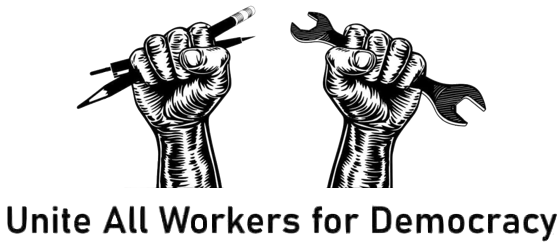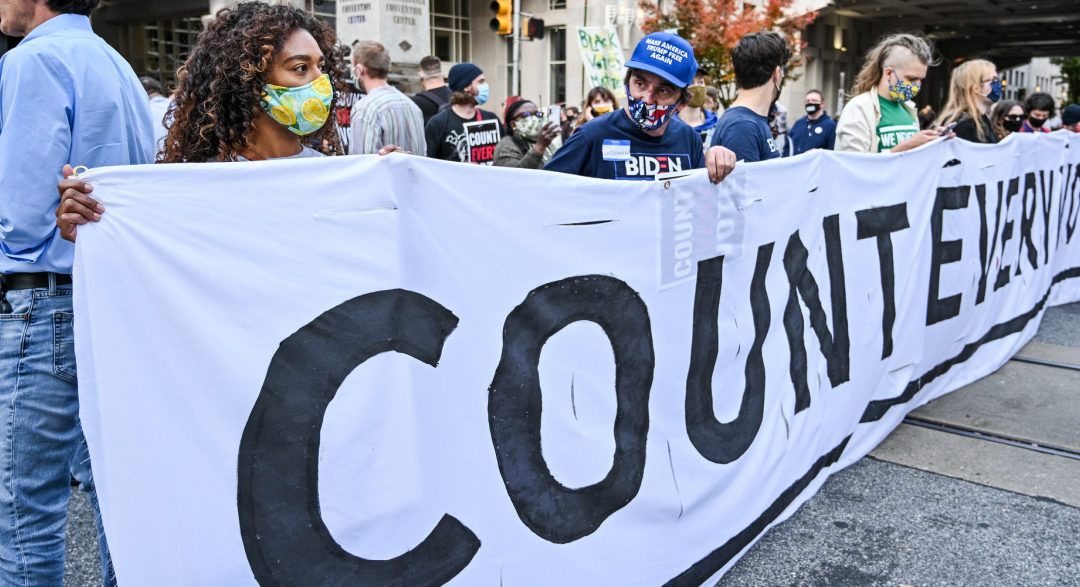“Collective bargaining agreements give workers some control over their work lives. Still, it is kind of astonishing how little control most workers have over the place they spend so much time—and how little we demand actual democracy at work.
I’m often asked in trainings, “How do you keep workers engaged when there isn’t a contract fight?” The answer: grow power on the shop floor.
Don’t wait for an issue to be given to you; bring union members together to assert their solutions to workplace problems. For instance, draft a group letter. Confront a manager together. Or just implement a desired change yourselves, without waiting for permission.
Winning this kind of democracy—more control over our own work lives—requires another kind of democracy: workers meeting together, identifying concerns, and making plans for collective action.
And you can’t do that without union democracy, which means more than fair and open elections. It also means transparent bargaining, with full member participation. It means discussing, disputing, and making collective decisions.
Too much of union communication goes in one direction: top-down, or maybe bottom-up, but rarely across. Democracy requires communication across: member to member.”

